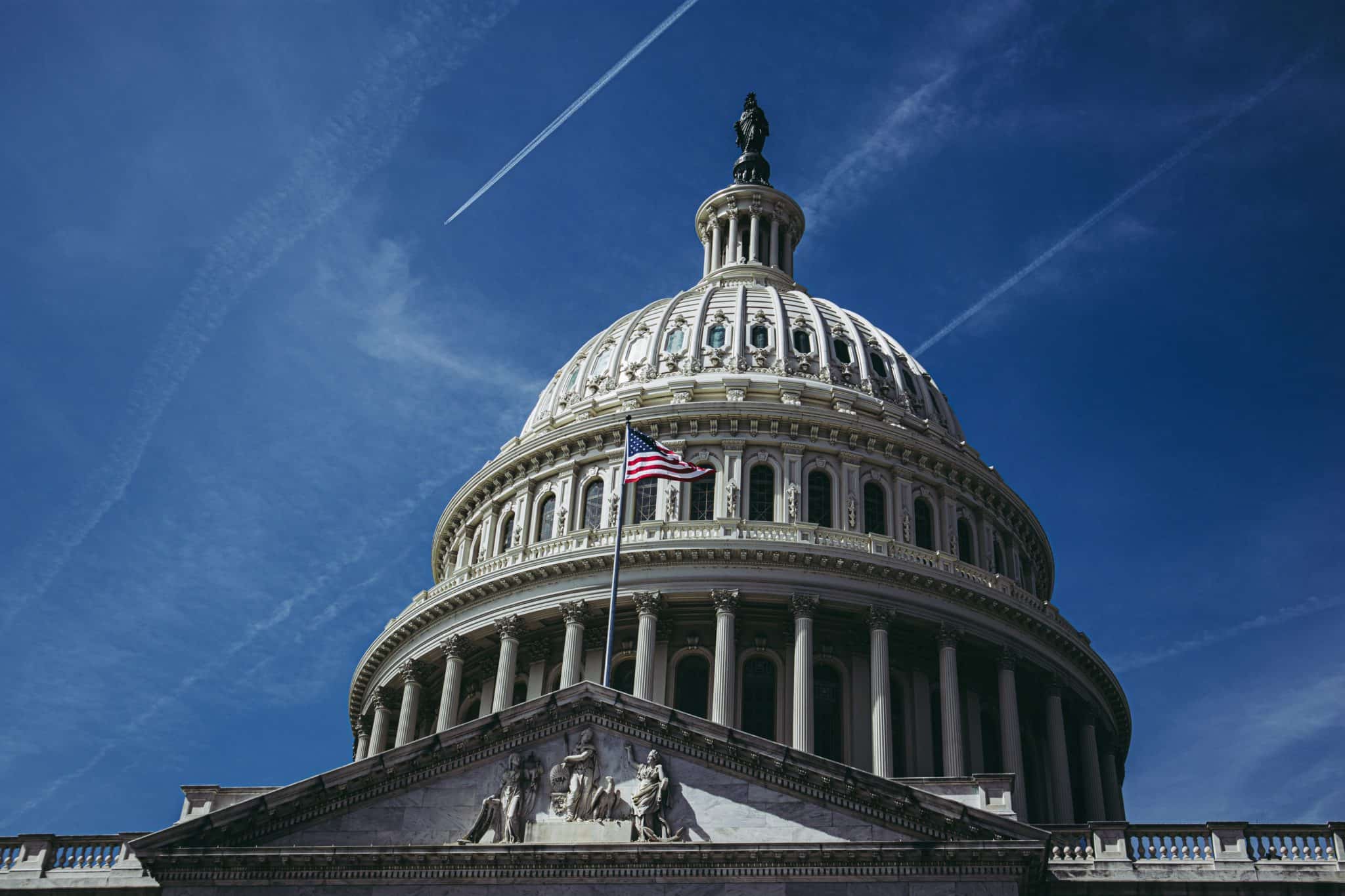Hannah Finnie is a writer in Washington, D.C. interested in the intersections of work and culture. She is a graduate of Harvard Law School.
The Inflation Reduction Act appears to have enough support to pass both the House and Senate after Democrats brokered a deal with Sen. Kyrsten Sinema (D-AZ). The bill, as currently written, has several provisions that will affect workers and businesses. It would create a minimum tax rate of 15% for corporations generating $1 billion or more in income. It would also greatly enhance enforcement funding for the IRS, which is currently underfunded and often therefore fails to investigate potential tax issues for larger corporations and entities. The bill would also allow Medicare to negotiate the price of some prescription drugs, potentially leading to lower prices for patients. And finally, the text of the bill also contains significant investments in combatting climate change, which is currently leaving the most vulnerable workers in even more vulnerable positions, like increasing temperatures for farmworkers and mail delivery drivers.
Kansas voters delivered an overwhelming win for abortion rights earlier this week, as they turned out in droves to keep abortion protections in their state constitution. As I’ve written about before, abortion is a workers’ rights issue: the ability to decide whether and when to have children is central to a workers’ economic empowerment. Some companies have also chosen to create benefits for workers who need to travel out of state for abortions now that Roe v. Wade has been overturned. The state supported Trump in the previous election by double digits, and saw a huge increase in voters this election from prior elections, demonstrating that when abortion is on the ballot, voters will turn out.






Daily News & Commentary
Start your day with our roundup of the latest labor developments. See all
January 30
Multiple unions endorse a national general strike, and tech companies spend millions on ad campaigns for data centers.
January 29
Texas pauses H-1B hiring; NLRB General Counsel announces new procedures and priorities; Fourth Circuit rejects a teacher's challenge to pronoun policies.
January 28
Over 15,000 New York City nurses continue to strike with support from Mayor Mamdani; a judge grants a preliminary injunction that prevents DHS from ending family reunification parole programs for thousands of family members of U.S. citizens and green-card holders; and decisions in SDNY address whether employees may receive accommodations for telework due to potential exposure to COVID-19 when essential functions cannot be completed at home.
January 27
NYC's new delivery-app tipping law takes effect; 31,000 Kaiser Permanente nurses and healthcare workers go on strike; the NJ Appellate Division revives Atlantic City casino workers’ lawsuit challenging the state’s casino smoking exemption.
January 26
Unions mourn Alex Pretti, EEOC concentrates power, courts decide reach of EFAA.
January 25
Uber and Lyft face class actions against “women preference” matching, Virginia home healthcare workers push for a collective bargaining bill, and the NLRB launches a new intake protocol.